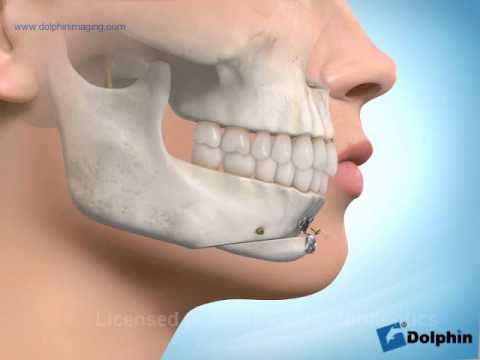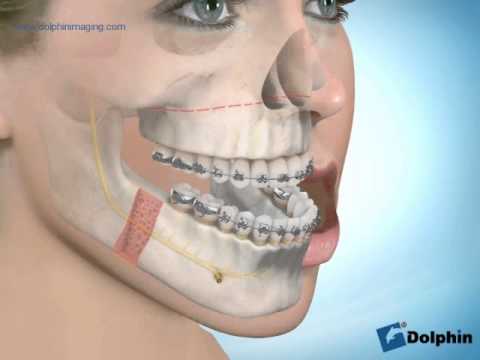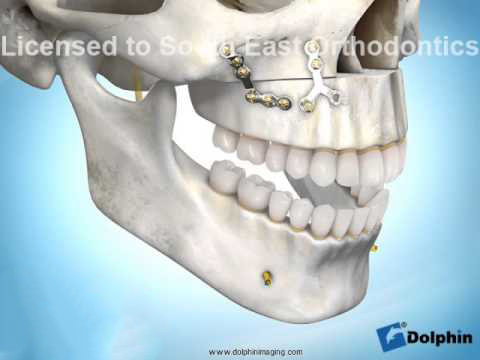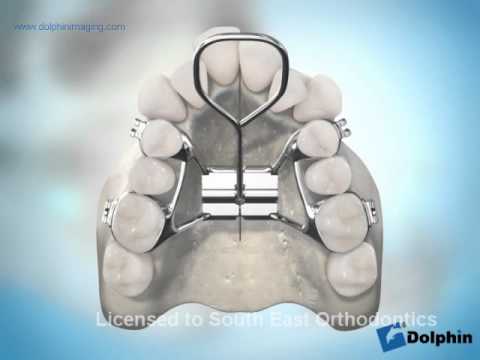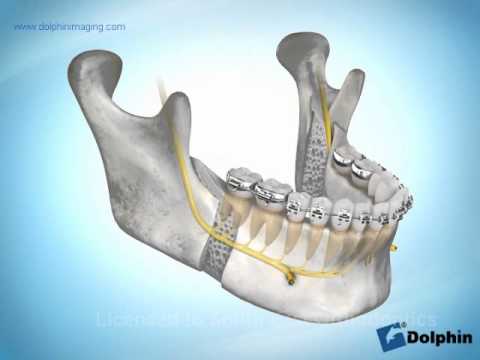Start the Conversation
Do you want straight teeth?

Ask a Question or
Book an appointment
Please fill in the online enquiry form to ask a question or book an appointment.
Or call today on
Frequently Asked Questions
Genioplasty, or chin surgery, is a procedure that aims to improve the appearance and balance of the chin through bone reshaping or repositioning. It can be done using techniques such as sliding genioplasty or chin implants. It addresses concerns like weak or prominent chins, asymmetry, or misalignment. Consulting with a qualified medical professional is essential to understand the procedure and its potential risks and benefits.
The prevalence of a gummy smile can vary among different populations and is influenced by various factors. While it’s not considered extremely rare, it’s not as common as a typical smile either.
Estimates suggest that approximately 7–14% of the population may have a gummy smile to some degree. The condition can range from mild to severe, with varying levels of gum visibility when smiling. Some individuals may have a gummy smile due to genetic factors, while others may develop it as a result of dental or skeletal issues.
It’s essential to note that the perception of a gummy smile can be subjective, and cultural norms and individual preferences also play a role in how a gummy smile is perceived. Some people may embrace their gummy smile, while others may seek treatment to reduce gum visibility and achieve a more balanced smile.
If you are concerned about your smile or have a gummy smile that bothers you, it’s best to consult with a qualified dentist or orthodontist. They can assess your specific case and recommend appropriate treatment options if necessary.
Genioplasty can benefit individuals who have concerns such as a weak or receding chin, a protruding chin, chin asymmetry, chin misalignment, or those seeking overall facial harmony.
To fix maxillary deficiency, treatment options may include orthodontic intervention with braces or aligners, maxillary expansion to widen the upper jaw, or orthognathic surgery to reposition the jaw. The specific approach depends on the severity of the deficiency and individual factors. Consulting a dental or surgical professional is essential for proper evaluation and treatment planning.
Possible reasons for a gummy smile are diverse. It may be triggered by an upper lip that is either too short or excessively movable, causing it to rest higher than usual during smiles. Another contributing factor is a condition called vertical maxillary excess, where the upper jaw is too long, leading to the appearance of a gummy smile.
In most cases, yes. Orthognathic surgery is typically part of a comprehensive orthodontic plan. Braces are used before and after surgery to properly align the teeth and ensure long-lasting, stable results.
Genioplasty in Melbourne is ideal for patients who feel their chin is too small, too prominent, or asymmetrical. It can also support functional improvements when combined with orthodontic jaw surgery. Our orthodontists provide a thorough consultation to determine whether genioplasty is the right option for your needs.
The recovery time for genioplasty varies, but most individuals can resume normal activities within two weeks. Swelling and bruising typically peak in the first few days and gradually subside over several weeks. Final results may take several months to become fully apparent. It’s important to follow post-operative instructions and attend follow-up appointments for proper healing.
Surgical orthodontics is generally recommended once jaw growth has stopped, usually in late teens or early adulthood. However, each patient is assessed individually based on their development and clinical needs.
You should contact your emergency orthodontist if you experience severe pain, injury to your mouth or face, or if any part of your orthodontic appliance breaks or comes loose, such as a dental braces wire or if a bracket breaks. At South East Orthodontics, your trusted orthodontist in Berwick, we understand that unexpected issues can arise, and we’re here to help. Whether it’s a protruding wire, a broken bracket, or any other urgent concern, don’t hesitate to contact our team. Prompt attention from our experienced orthodontists can prevent further complications and keep your treatment progressing smoothly.
If you’re experiencing severe pain or pressure from your braces, it’s important to take steps to relieve discomfort and protect your orthodontic progress. Over-the-counter pain relievers, such as ibuprofen or paracetamol, can help manage the pain. You can also try rinsing your mouth with warm salt water or applying orthodontic wax to brackets or wires that may be causing irritation. However, if the pain is intense or doesn’t improve, contact South East Orthodontics as soon as possible. Our team can assess the issue and provide the appropriate care or adjustments to ensure your treatment stays on track and you remain comfortable throughout the process.
If your braces are causing severe mouth sores, it’s important to seek relief and prevent further irritation. At South East Orthodontics, we understand that adjusting to braces can sometimes be uncomfortable, especially when brackets or wires rub against the inside of your mouth. To ease the discomfort, try using orthodontic wax to cover any areas of the braces that are irritating your cheeks or lips. Rinsing your mouth with warm salt water several times a day can also help soothe sores and promote healing. Over-the-counter topical anaesthetics like Bonjela or Orajel can provide temporary pain relief. However, if the sores persist or become increasingly painful, we encourage you to contact South East Orthodontics so our team can assess the issue and make any necessary adjustments to your braces. Your comfort is a priority, and we’re here to help make your orthodontic journey as smooth as possible.
Yes, orthognathic surgery not only corrects skeletal and dental misalignments but also improves overall facial balance. Procedures such as mandibular advancement or maxillary repositioning often result in improved bite function as well as a more harmonious profile.
Orthodontic jaw surgery, also known as orthognathic surgery, is a procedure used to correct irregularities of the jaw that cannot be addressed with braces or aligners alone. It may be recommended if a patient experiences difficulties with chewing, speaking, or breathing, or if the jaws are not aligned in a way that supports long-term oral health. At South East Orthodontics, our team works closely with oral and maxillofacial surgeons to carefully plan treatment, often combining orthodontics with surgery for the best functional outcome.
Choosing the right team is important for procedures such as genioplasty or corrective jaw surgery. South East Orthodontics works closely with experienced oral and maxillofacial surgeons to provide tailored care for patients considering genioplasty or jaw surgery. With a focus on precision planning and advanced orthodontic techniques, the team ensures that every step, from diagnosis to recovery, is carefully managed.

